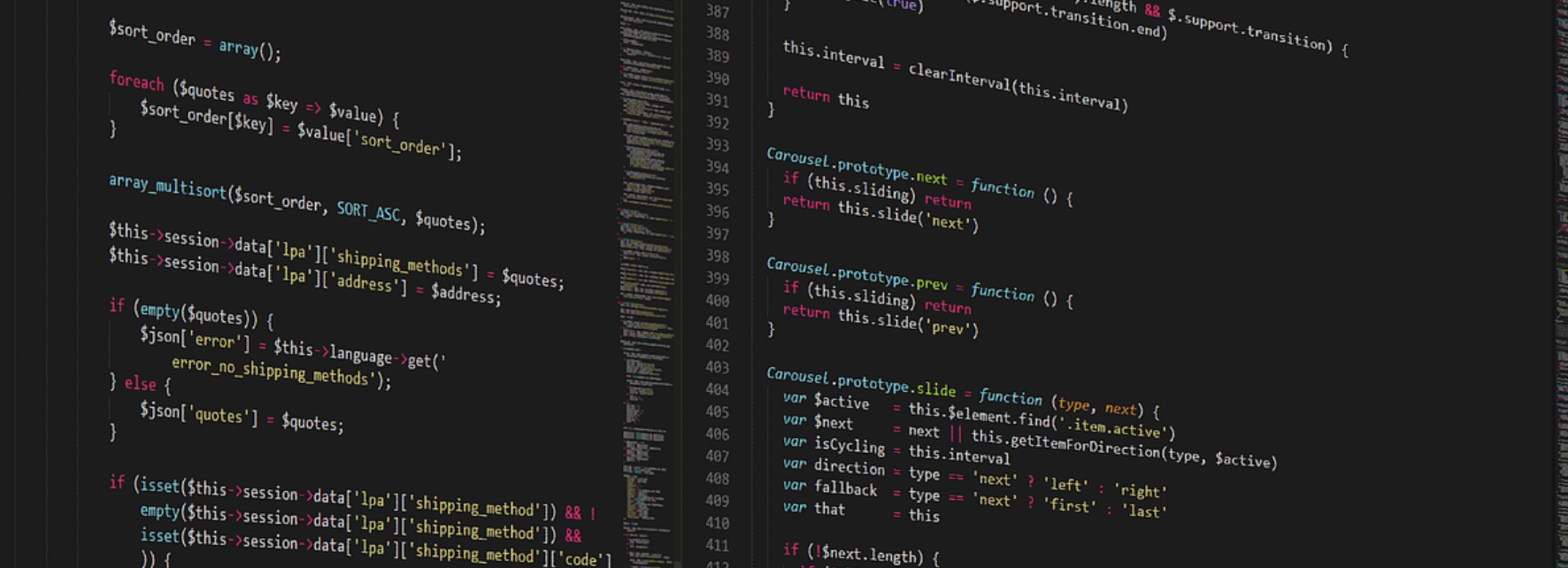
As organizations continue to cancel events, many companies are also pushing employees to work remotely. For those of us who have been working remotely for years, this is just another day. However, for those new to remote work and managing remote teams, it can be a huge shift in worker dynamics. For many, employee trust rears its head.
While remote work has many benefits, such as increased flexibility and access to a wider, more diverse talent pool, it can also challenge team members who may never meet in person and seek a more personal rapport. As a leader, it’s our responsibility to not only enable, but foster trust among team members and help members transition into this “new normal.”
Establish Clear Expectations and Goals
One of the keys to building trust in a remote team is to establish clear expectations and goals from the outset. This includes defining roles and responsibilities, setting deadlines, and outlining the expected outcomes of each project or task. When team members have a clear understanding of what is expected of them and what they need to deliver, they are more likely to trust each other to deliver on their commitments.
Use Collaborative Tools
Collaborative tools such as Slack, Microsoft Teams, and Zoom can help remote teams to build trust by enabling real-time communication and collaboration. By using these tools, team members can stay connected, share updates, and collaborate on projects in real-time, just as if they were working in the same office. This can help to build a sense of shared purpose and encourage team members to rely on each other to achieve their goals. Avoid the pitfall of monitoring status flags and messages–remember, a lot’s going on in everyone’s lives right now and everyone’s multitasking even while at work.
Foster Open Communication
Open communication is critical to building trust in any team, but it is especially important in a distributed environment. Team members should feel comfortable sharing their thoughts and opinions, even if they disagree with others on the team. This requires a culture of psychological safety, where team members feel that they can speak up without fear of retribution or judgment. Encouraging regular check-ins, open forums for discussion, and providing opportunities for feedback can all help to foster open communication and build trust among team members.
Foster Asynchronous Communication
One of the most difficult challenges for a newly minted remote worker is getting comfortable with asyncronous communications in Slack, Teams, and other tools. Email too, if we’re being honest.
It’s okay to not immediately respond; be comfortable with ‘send and forget’ messaging. For those entrenched in Whatsapp and other chat tools on a daily basis, this is normal, but for some used to dropping by a cube and asking a question, the need for an immediate reply can be challenging.
Facilitate Virtual Team Building
Virtual team building activities can help to build trust among remote team members by fostering a sense of community and shared experience. These activities can include virtual happy hours, team lunches, or even virtual games or competitions. By providing opportunities for team members to get to know each other outside of work, you can build stronger relationships and help to foster trust among team members.
Be Transparent
Transparency is key to building trust in any team, but it is especially important in a remote team. This means sharing information openly, including sharing the reasons behind decisions, being honest about challenges or setbacks, and providing regular updates on the progress of projects or tasks. When team members feel that they are kept in the loop and have a clear understanding of what is going on, they are more likely to trust each other and work together towards a common goal.
Conclusion
Building trust among new remote worker team members in a distributed environment can be challenging, but it is critical to the success of any remote team. By establishing clear expectations and goals, using collaborative tools, fostering open, asynchronous communication, facilitating virtual team building, and being transparent, you can build a strong foundation of trust among your team members. By investing in trust-building activities and fostering a culture of openness and collaboration, you can help your remote team to succeed and thrive.
Most importantly: remember the human on the other side of the screen.
To learn more about enabling trust among new remote worker team members in a distributed environment, check out the following resources:
- “How to Build Trust in a Virtual Workplace” by Keith Ferrazzi (https://hbr.org/2012/10/how-to-build-trust-in-virtual)
- “A First-Time Manager’s Guide to Leading Virtual Teams” by Mark Mortensen (https://hbr.org/2015/09/a-first-time-managers-guide-to-leading-virtual-teams)
- “Challenges to Managing Virtual Teams and How to Overcome Them” by Rebecca Bakken (https://professional.dce.harvard.edu/blog/challenges-to-managing-virtual-teams-and-how-to-overcome-them/)




Share this post
Twitter
Facebook
Reddit
LinkedIn
Pinterest
Email